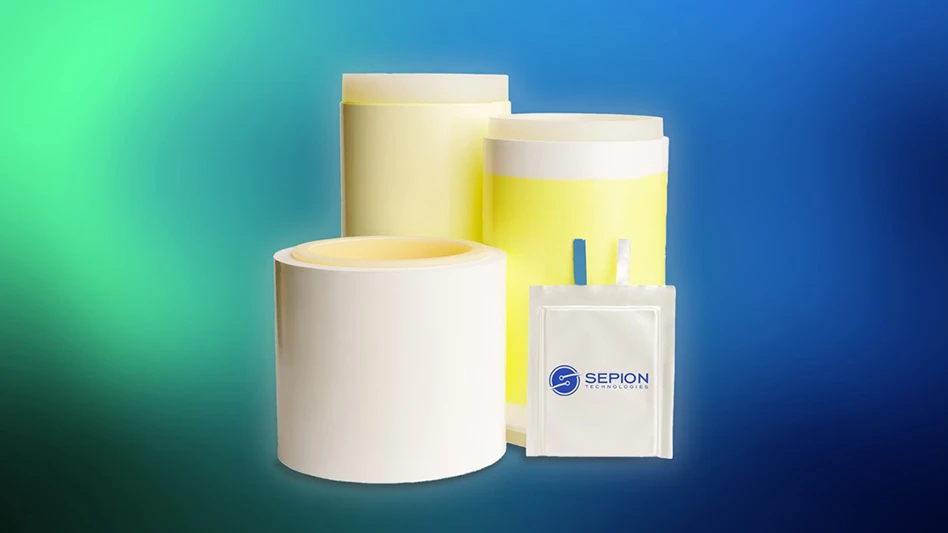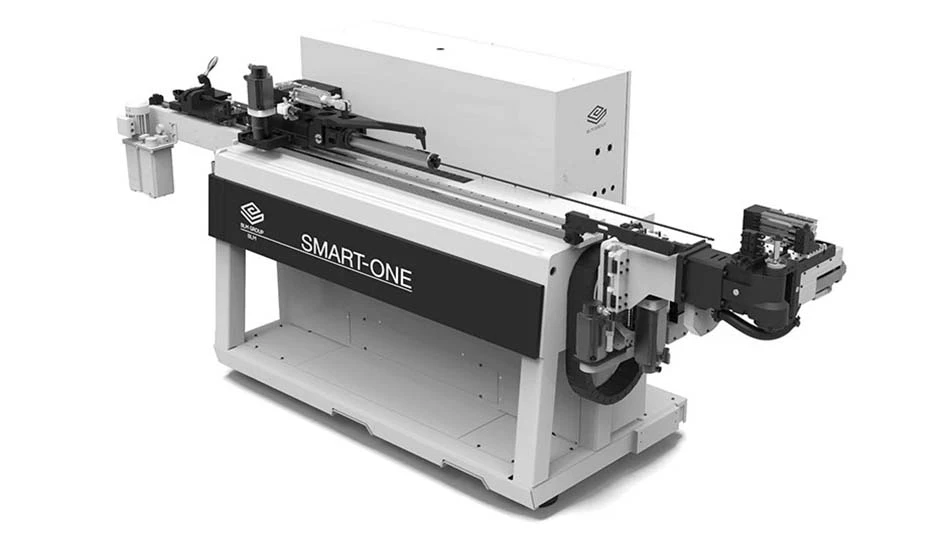
Sepion
Sepion Technologies received UN/DOT 38.3 safety certification for its next-generation lithium-metal pouch cells. UN/DOT 38.3 certification is required for transporting lithium batteries by air, sea, and land to ensure the safety of passengers, crew, and cargo. It’s an essential certification for manufacturers and suppliers involved in transporting and distributing lithium batteries. This safety certification empowers Sepion to commence shipping lithium-metal cell samples to its customers worldwide, effectively addressing a substantial backlog of demand.
Sepion’s breakthrough lithium-battery technology comprises of nanoporous separator coatings and non-flammable liquid electrolytes. These not only address the safety challenges posed by traditional lithium-ion batteries, but also offer enhanced energy density and faster charging at a competitive cost. With patented materials science solutions and a proprietary AI materials discovery and optimization platform, Sepion is poised to revolutionize next-generation e-mobility batteries with its innovative products.
“I am immensely pleased to announce the achievement of UN/DOT 38.3 safety certification for our groundbreaking lithium-metal cells,” notes Sepion’s CTO Brian Sisk, PhD. “This milestone underscores our unwavering commitment to not only meet but exceed safety standards in the battery industry. Through rigorous internal and external testing, our patented lithium-metal technology has consistently proven its exceptional abuse tolerance, increased energy density, and fast rechargeability.”
Sepion’s CEO, Peter Frischmann, PhD, adds, “We aim to unlock greater design optionality for EV manufacturers to deliver safe and sustainable vehicles that meet the diverse needs of the next wave of EV customers. We do this by providing separators and electrolytes that bring out the best in all commercial and next-gen active materials at a competitive cost.”
With extensive testing led by an independent battery evaluation and certification lab based in the United States, Sepion has demonstrated compliance with demanding environmental, mechanical, and electrical requirements, including:
- Altitude simulation
- Thermal cycling under extreme temperatures
- Vibration tests
- Shock resistance assessments
- External short circuit simulations
- Crush/impact simulations
- Forced discharge evaluations
Sepion is actively developing separator coatings and liquid electrolytes in conjunction with Fortune 100 automotive OEMs, major battery suppliers, and their raw material providers. Soon, the company is targeting the commercial introduction of a suite of products for lithium-ion and lithium-metal technologies, ushering in the next generation of batteries delivering greater safety, longer range, and a faster charging experience at lower cost for EV manufacturers and consumers.
Latest from EV Design & Manufacturing
- Alef conducts successful flight test of flying electric vehicle
- Workholding solutions for your business
- Artificial intelligence insights address electric vehicle adoption challenges
- Face milling cutters offer flexibility, ease of use
- CMMC Roll Out: When Do I Need to Comply? webinar
- Toyota develops new fuel cell system for hydrogen vehicles
- SABIC introduces conductive resin for inline paintable automotive applications
- Smart battery production pilot facility opens in UK





